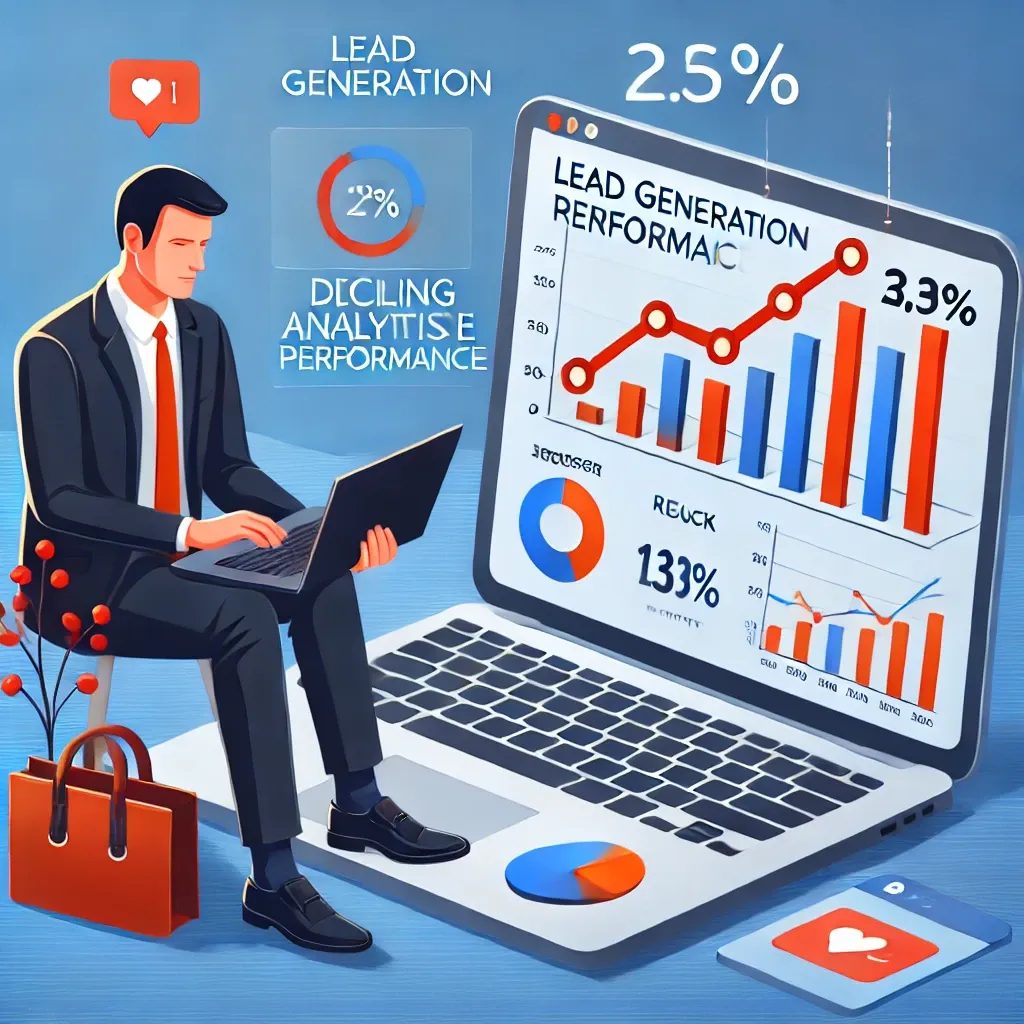
Why a Fast Website Matters: How Website Loading Speed Impacts Your Business
February 7, 2025
The Ultimate Website Checklist for Business Owners
February 19, 2025Introduction
In today’s digital-first world, having an online presence is essential for businesses of all sizes. Many small businesses struggle with the decision of whether to invest in a business website or rely solely on social media. While social media offers free visibility and customer engagement, a website provides credibility, ownership, and long-term benefits.
Making the right choice can significantly impact your brand’s success, lead generation, and customer trust. In this guide, we’ll explore the differences between a business website and social media, weigh their respective benefits, and explain why a combination of both is the most effective strategy for sustainable growth.
1. Ownership and Control
Business Website
Owning a website means full control over your content, branding, and functionality. You decide how your site looks, what it contains, and how users interact with it. Additionally, you are not bound by third-party rules or policies that could impact your business operations.
Social Media
While social platforms provide visibility, they are ultimately owned by third parties. This means your content, followers, and engagement can be restricted or even removed based on platform changes or policy updates.
🔹 Fact: Facebook has changed its algorithm multiple times, reducing organic reach for business pages. (Source)

2. Credibility and Trust
Business Website
A professionally designed website enhances credibility and trust. Potential customers are more likely to engage with a business that has a dedicated website rather than just a social media page.
Social Media
While social media helps build engagement, it lacks the credibility of a professional website. Customers often hesitate to purchase from businesses without an official website, as they may seem less legitimate.
🔹 Tip: 75% of users admit to judging a company’s credibility based on its website. (Source)
3. Branding and Customisation
Business Website
With a website, you have full branding control—from the colour scheme to layout and messaging. You can create a unique experience tailored to your brand identity.
Social Media
Social media platforms follow a standardised layout that limits branding opportunities. You can customise elements like profile pictures and banners, but you remain confined to the platform’s design.
🔹 Example: A website allows you to implement unique typography, animations, and user experience features that aren’t possible on platforms like Facebook or Instagram.
4. Marketing and SEO

Business Website
Websites benefit from SEO (Search Engine Optimisation), helping them rank on Google and drive organic traffic. A well-optimised website can generate long-term visitors without ongoing ad spend.
Social Media
Social platforms rely on paid advertising and algorithm-based visibility, making it difficult to grow reach without regular paid promotions.
🔹 Fact: 53% of all website traffic comes from organic search, compared to just 5% from social media. (Source)
5. Lead Generation and Sales
Business Website
A website provides lead capture opportunities through contact forms, email sign-ups, and direct e-commerce capabilities, allowing you to own and nurture customer relationships.
Social Media
Social platforms are designed for engagement rather than direct sales. While they offer lead-generation tools, businesses do not own the data—the platform does.
🔹 Tip: A website can integrate with CRM tools to track and convert leads more effectively.
Why Every Business Needs a Website

6. Long-Term Stability
Business Website
Your website is a long-term asset that you fully own. It is not impacted by sudden changes in policies, platform shutdowns, or algorithm updates.
Social Media
Social media platforms are unpredictable. A single update can significantly impact your visibility, and in worst cases, businesses have lost entire audiences overnight.
🔹 Example: Google+ shut down in 2019, erasing all business profiles and content overnight. (Source)
7. The Best Strategy: Combining Both
Instead of choosing between a business website vs social media, the ideal approach is to leverage both.
A website serves as the foundation of your online presence, offering credibility, SEO benefits, and full control over branding and lead generation. Meanwhile, social media boosts engagement, brand awareness, and audience interaction.
How to Integrate Them Effectively:
✔ Use social media to drive traffic to your website through content marketing and promotions. ✔ Embed social feeds on your website to showcase real-time updates and engagement. ✔ Optimise for SEO so your website ranks on search engines, complementing your social media reach. ✔ Capture leads on your website and use social media to nurture relationships.
🚀 Need a professional business website? Contact us today!






